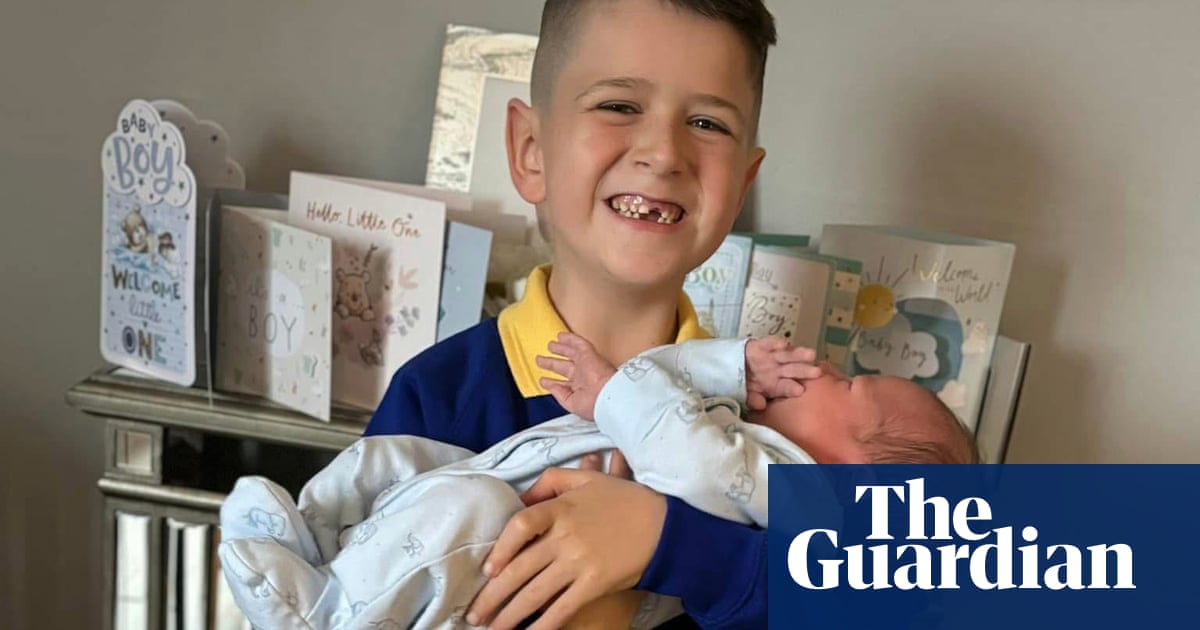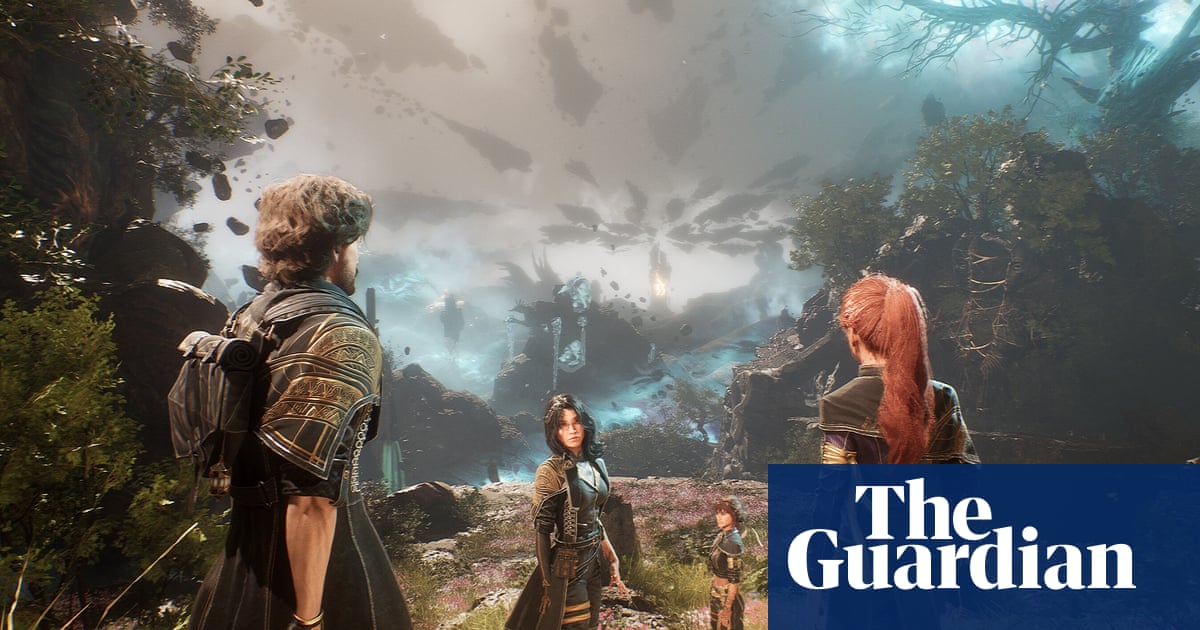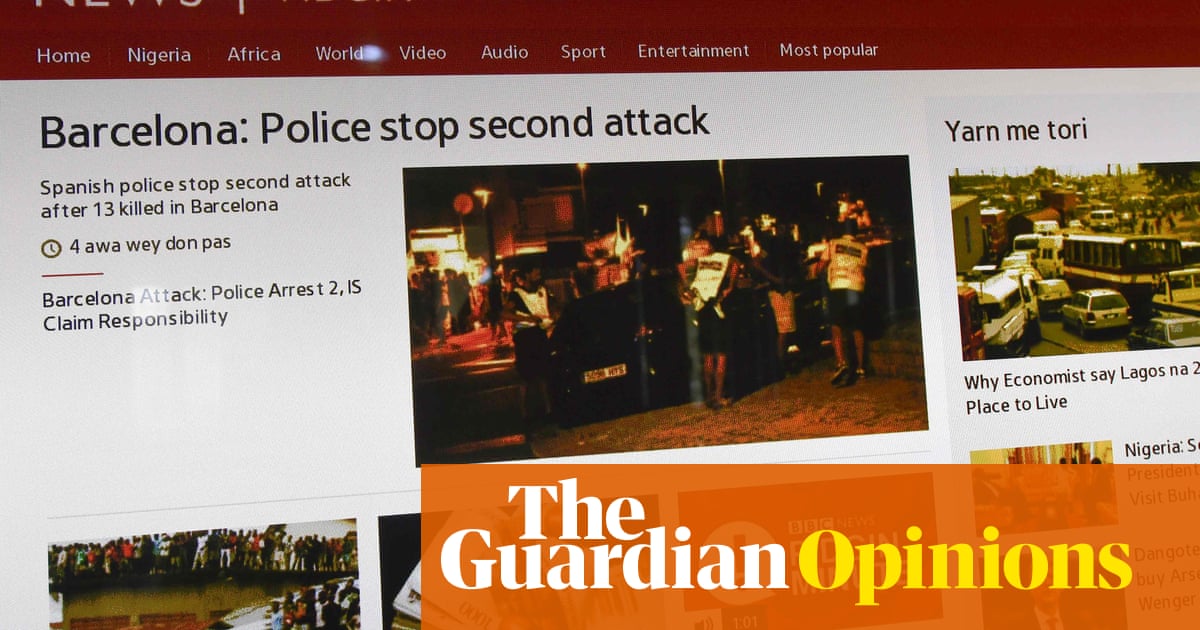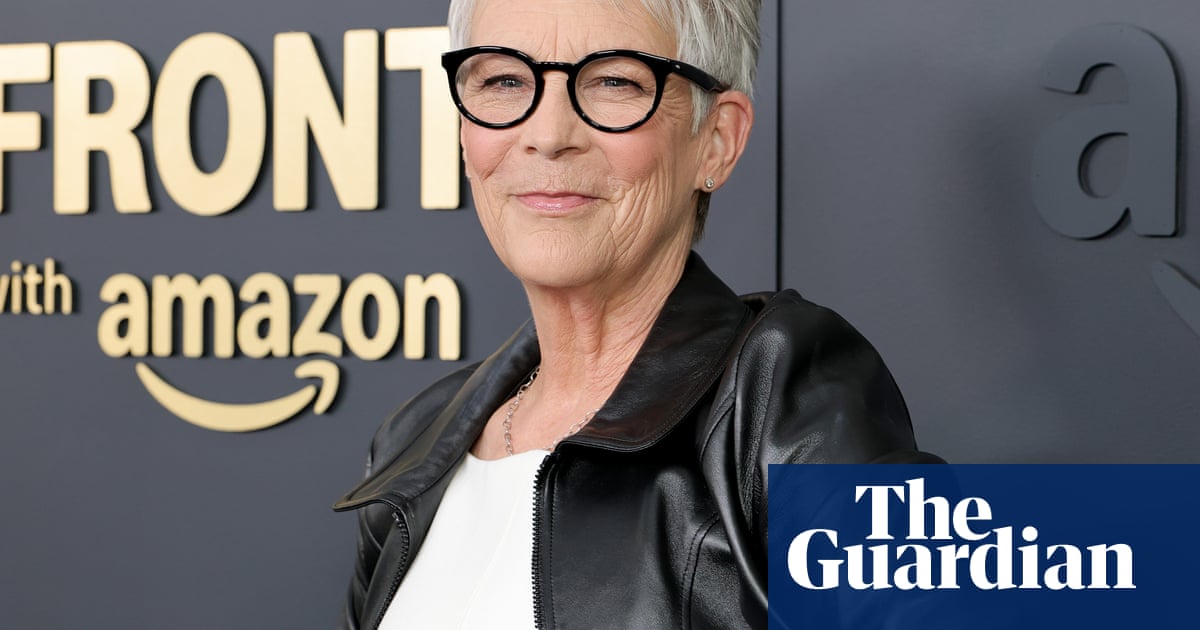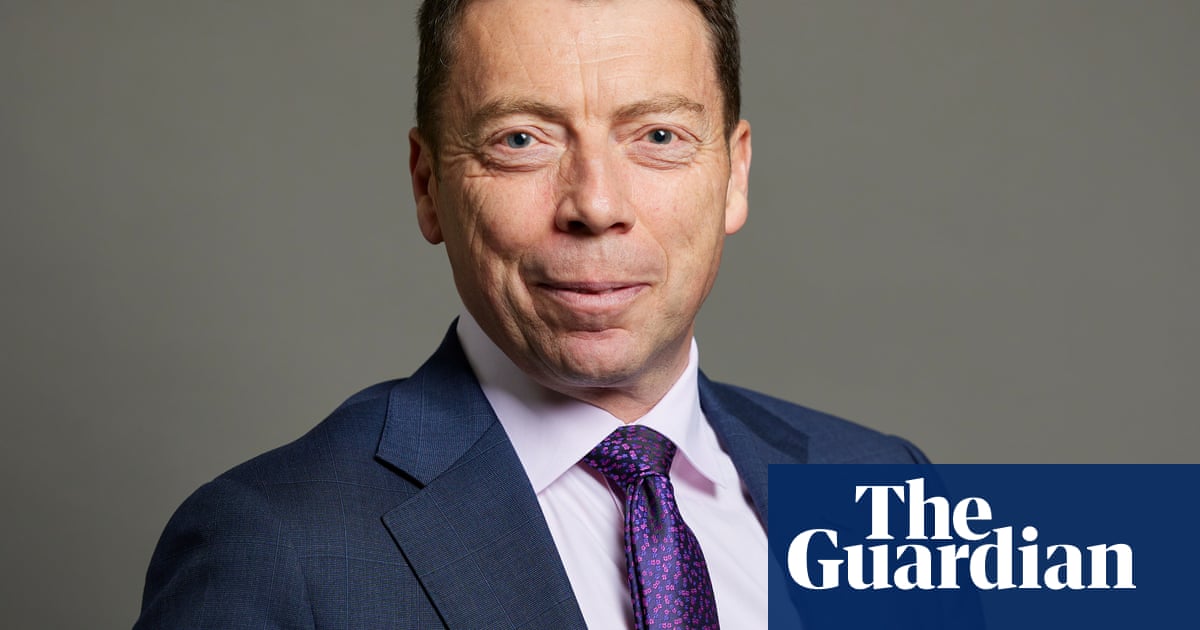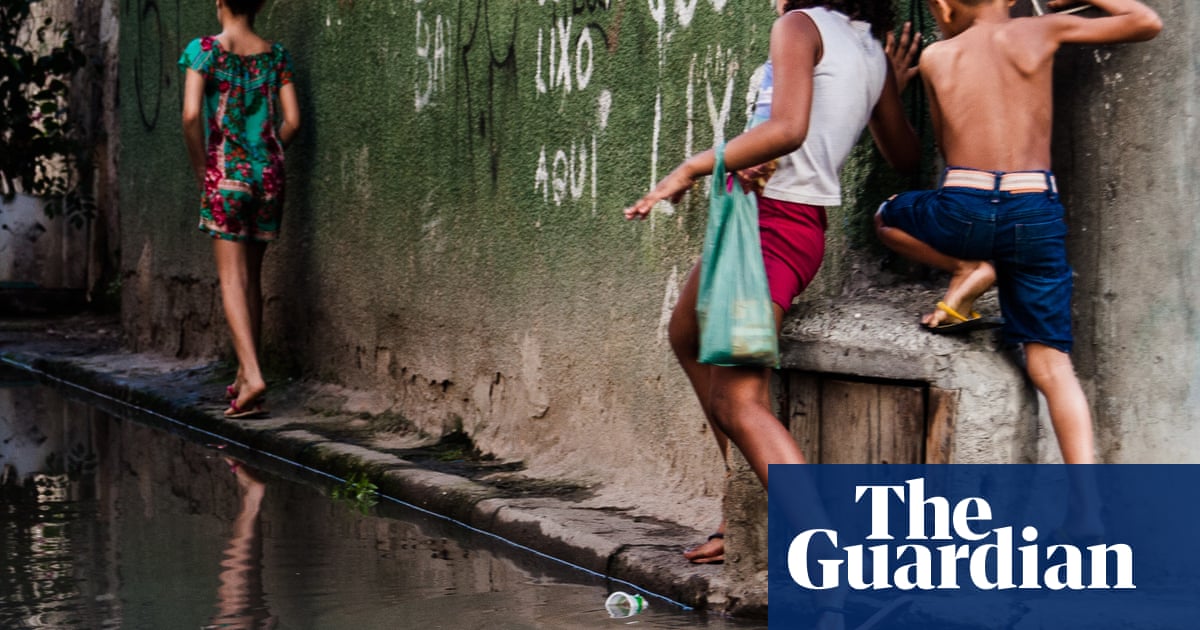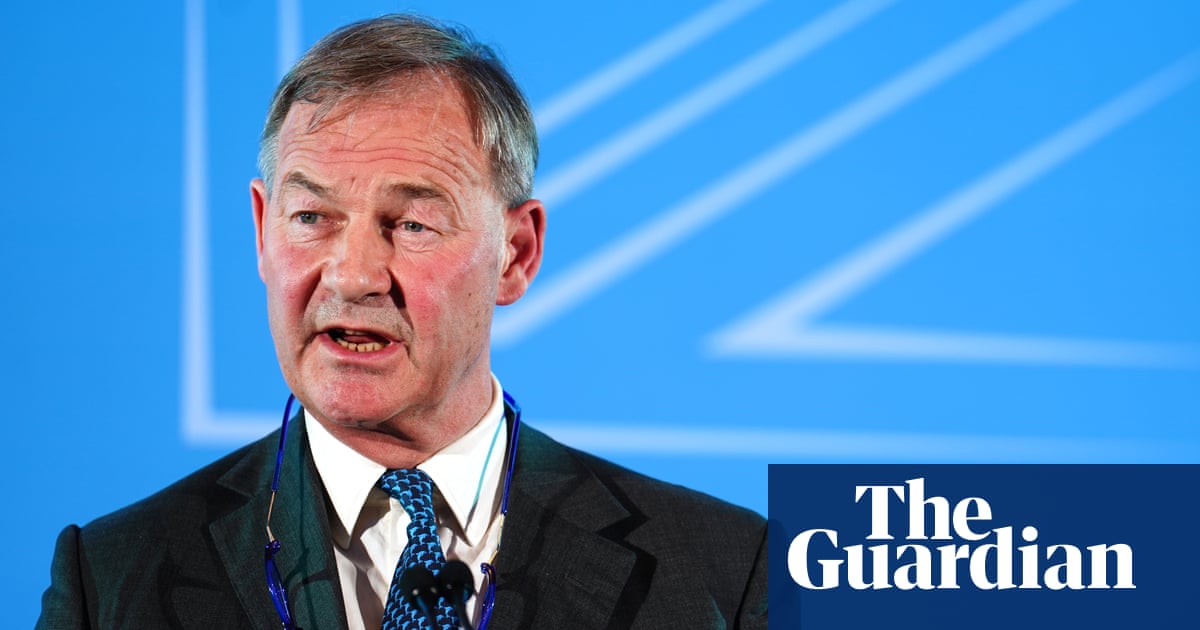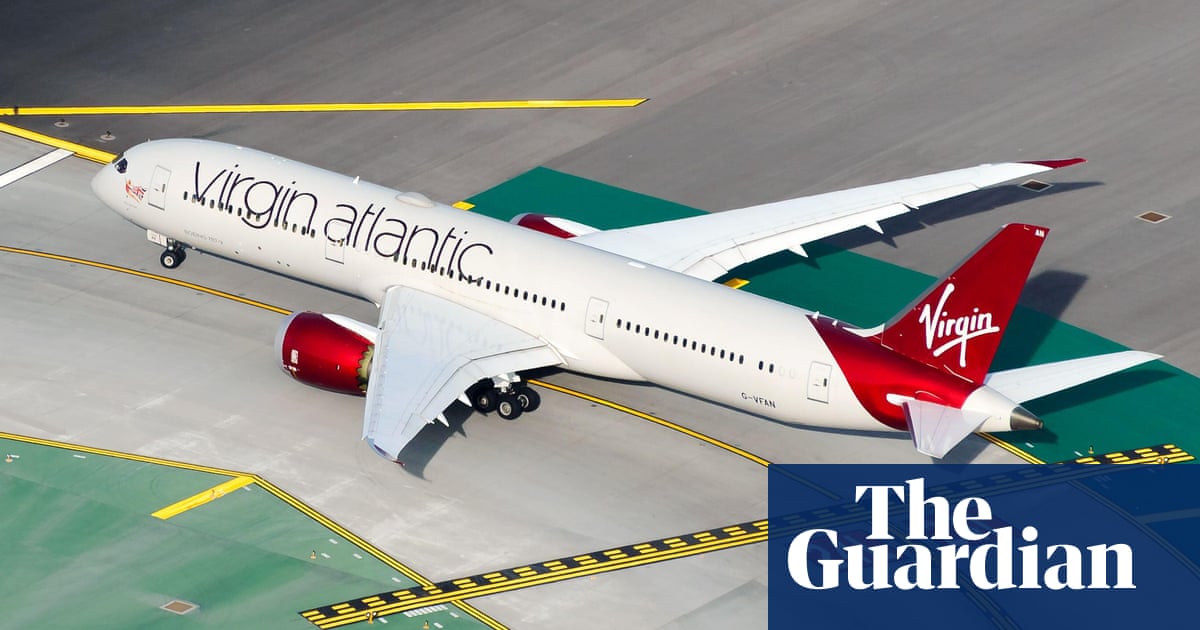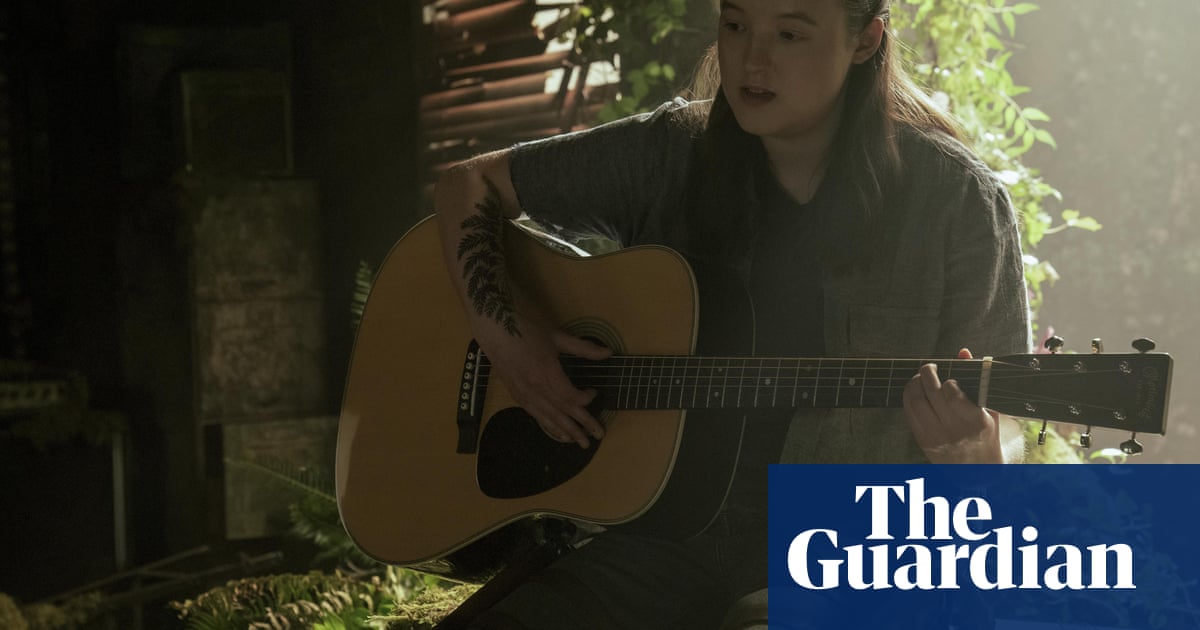Amer Mohammed Rabea was 14 years old. He was a US citizen. On 7 April 2025, he was shot and killed by Israeli forces in the occupied West Bank city of Turmus Ayya. There was no warning. No investigation. Just a bullet, a body and a silence so deep it threatens to swallow justice whole.
The killing of a child should rupture the world. Instead, Amer’s death joined a growing ledger of erased Palestinian lives, tallied but never mourned by those in power. There was no state department briefing. No congressional statement. No public grieving for a child born under two flags, killed under a third. Even in death, Amer was made stateless.
Since October 2023, at least 17,000 Palestinian children have been killed in Gaza. The UN now confirms that at least 100 children have been killed or injured every single day since Israel resumed its offensive in March 2025. In 36 verified airstrikes, only women and children were found beneath the rubble. Not fighters. Not military targets. Just families.
But this war is not just about death. It is about the systematic erasure of Palestinian life – its rhythms, its generations, its futures. It is, as one UN official warned, the creation of conditions of life incompatible with the continued existence of Palestinians as a group.
According to Unicef, eight infants died of hypothermia in January. Medical personnel report a spike in miscarriages. Children are born premature, malnourished, and die in the first weeks of life. The UN warns that Gaza’s children are being subjected to conditions “incompatible with their continued existence”. According to Doctors Without Borders, children arrive at hospitals with rotting wounds, dehydrated, skeletal. Aid has been blocked. Water tanks have been bombed. Birth, in Gaza, is a threat Israel answers with airstrikes.
Israel has turned two-thirds of Gaza into a no-go zone, effectively stealing Palestinian land. There is no electricity. No medicine. No clean water. The siege does not just kill. It prevents life from beginning. And yet those who survive the bombs are hunted by other means.
But Israel’s violence against children is not new. In the West Bank, the violence is personal, intimate. Children are executed at checkpoints. Soldiers raid homes at night. Human Rights Watch has documented numerous killings of Palestinian children who posed no threat, shot in the back, in the chest, while running, while walking to school, in a 2023 report.
Seventeen-year-old Mahmoud al-Sadi was gunned down on his way to class in Jenin. He was unarmed. A military vehicle 100 metres away fired a single shot. There were no clashes nearby. No justification. Just another morning turned into a funeral.
Wadea Abu Ramuz, 17, was shot in the back during a protest in East Jerusalem. After being taken to a hospital in critical condition, he was shackled to the bed, denied family visits and later buried at night under police supervision, with mourners limited and phones confiscated.
Fifteen-year-old Adam Ayyad, from the Dheisheh refugee camp, was killed by a sniper while throwing stones. No warning shots. No effort at de-escalation. Just live fire into a crowd of boys.
And now, at 12 years old, Rahaf Ayyad feels pain in her bones every day; there is no treatment, no help, and Rahaf often cries comparing her current state with photos of herself looking healthy before the war. In Rahaf’s plight, it becomes clear – starvation is being used to kill Gaza’s children.
Since March, Israel has blocked all food, fuel and medicine from reaching more than 2 million people. It has cut off not only supply lines, but the ability of Palestinians to produce or gather food themselves. Gaza’s farmland has been destroyed. Its fishing boats bombed. Its bakeries shuttered. Its water undrinkable. Families are boiling weeds and eating turtles, and they are forced to spend $300 on a bag of flour. Some burn garbage just to cook whatever they can find.
According to Gaza’s ministry of health, 57 people, mostly children, have already starved to death under the blockade. At least 10,000 cases of child malnutrition have been documented by the United Nations, with more than 1,400 of them classified as severe acute malnutrition, meaning their bodies are wasting away. These are the children who still made it to hospitals. Others die in their homes, in tents or while waiting in endless food lines that are often bombed.
Starvation is slow violence, and collectively starving 2 million further proves Israel’s genocidal intentions. Starvation begins with fatigue and confusion and ends with organ failure and silence. It kills children first, because their bodies have less to lose. And in Gaza, that silence is growing.
What unites Gaza and the West Bank is the intent: to punish Palestinians for existing. To eliminate not only those who resist but those who could one day resist. In this logic, every child is a potential threat. Even in death, Palestinian children are punished. Bodies are withheld. Burials restricted. Flags banned. Schools interrogated. Grief criminalized. And so, Israel’s campaign includes the detention of more than 1,200 Palestinian children since October 2023 – children who are tortured, starved and held without charges. One of them, 17-year-old Walid Ahmad, died in Israeli custody this year. His crime? Being Palestinian in a land where that alone can warrant execution.
International law is unambiguous: civilians must be protected. Children, especially. The Geneva conventions prohibit attacks on schools and hospitals. The convention on the rights of the child guarantees life and dignity. But law means little when it is not enforced – when the violator is armed with impunity and backed by billions.
The US funds Israel’s military to the tune of $3.8bn a year. The bombs that collapse Gaza’s homes are American. The bullets that pierced Amer Rabea’s chest are American. And still, there is no accountability. No consequence. Only more weapons, more blank checks, more diplomatic cover.
To kill a child is to erase a future. When a child dies, a world ends. This is not just about bodies. It is about memory. About denying Palestinians the right to imagine tomorrow. What is left of a people who cannot bury their dead, teach their children or name their grief?
Israel knows this. It bombs archives and universities. It targets schools and hospitals not just because they house people, but because they carry meaning. A population deprived of memory and future is easier to govern. Easier to erase.
But Amer Rabea did not move on. He died in the place his parents had hoped he would come to know as home. He died a child of war and empire, killed for no reason other than being Palestinian. If even American citizenship cannot protect a 14-year-old boy, what protection exists for anyone?
This is not about Hamas. This is not about security. This is about annihilation. A future where Palestinian children are denied the most basic right: to live. We must reject the narrative that flattens this genocide into “conflict”. We must say plainly that what is happening is the deliberate destruction of a people – and it begins with their children.
Amer had a name. He had a smile. He was loved. He was real. And now, he is gone.
We owe him more than silence. We owe Gaza’s starving children more than silence.
Have you been silent?
-
Ahmad Ibsais is a first-generation Palestinian American, law student and poet who writes the newsletter State of Siege

 4 hours ago
6
4 hours ago
6
